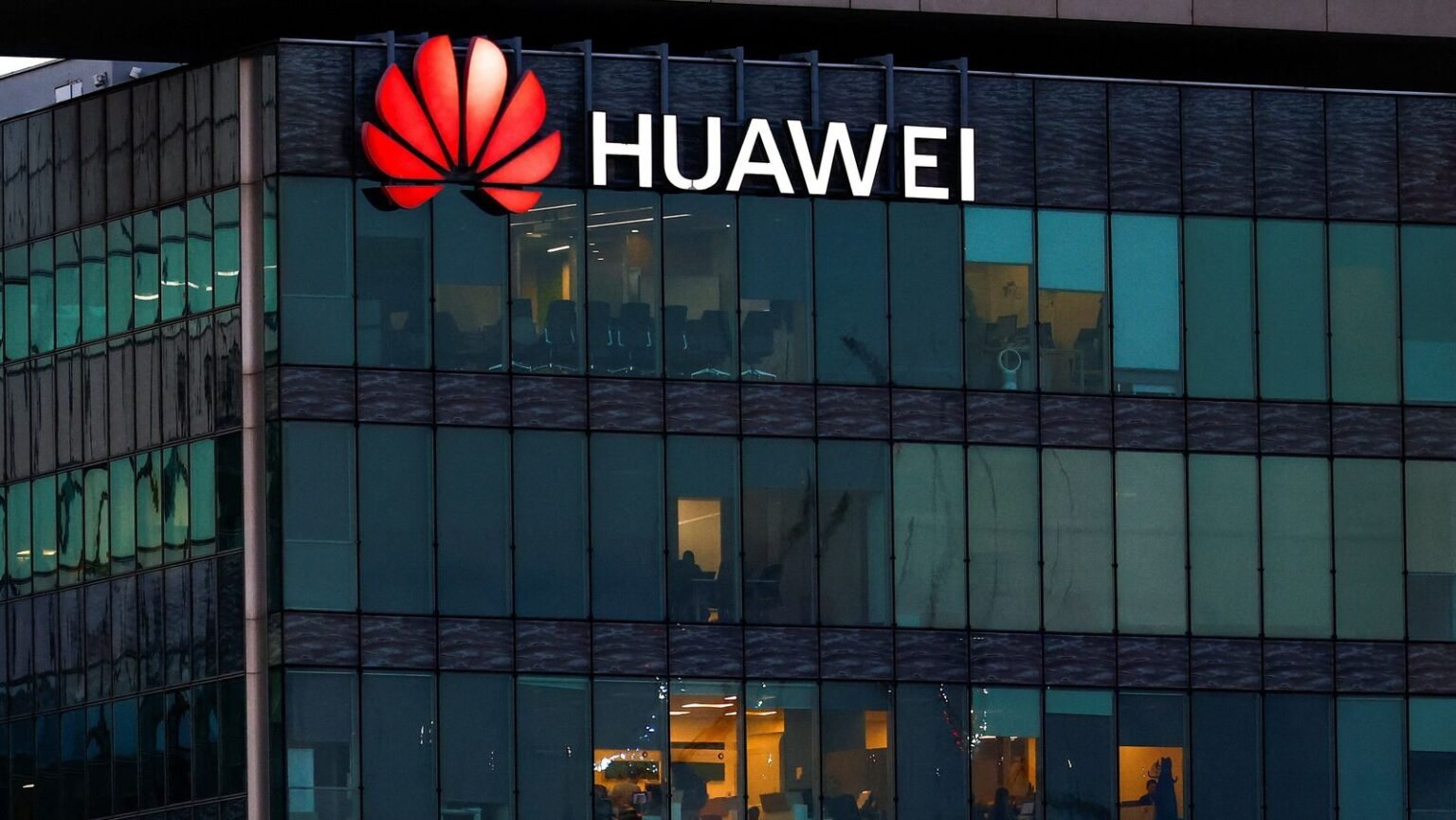A expertise tussle between the 2 superpowers isn’t far-off. This week the Wall Road Journal reported a breach of American telecoms networks by a Chinese language hacking group often known as “Salt Storm”, which was seemingly meant to glean data about American wiretapping actions. In each international locations, deep distrust has led to a coverage of shunning the opposite’s digital infrastructure. Uncle Sam bars Huawei, a Chinese language agency, from putting in its telecoms equipment in America; China discourages the sale of Silicon Valley’s servers and cloud-computing merchandise inside its borders.
But in a lot of the world American and Chinese language infrastructure—the info centres, undersea cables and wires that underpin the web—sit aspect by aspect, as the 2 international locations compete for market share, income and geopolitical clout. The fiercest contest is in Asia. There the presence of Chinese language digital-infrastructure companies is already substantial. Some 18% of all new subsea cables worldwide previously 4 years have been constructed by a single mainland agency, many criss-crossing Asia. Alibaba’s cloud operation is lively in 9 Asian international locations and Huawei has constructed many cellular networks.
China’s success partly displays a authorities plan. Its Digital Silk Highway technique, a department of President Xi Jinping’s Belt and Highway initiative, goals to dominate the area’s web plumbing. It helps, too, that Chinese language companies are modern and cheaper than American ones, although some are aided by hidden subsidies from the federal government. By one estimate Chinese language cloud companies value 40% lower than American-run ones.
If China got here to dominate Asia’s digital infrastructure, the results can be profound. Its ruling Communist Occasion needs to set the norms that govern information and the web. China’s pull throughout the world’s technical standard-setting our bodies has grown and it has promoted a imaginative and prescient of “information sovereignty”, underneath which governments management info and ensure it’s saved domestically, so nothing can escape the state’s grasp.
Digital dilemma
Worse, Chinese language-run digital infrastructure may expose Asian international locations to the dangers of snooping and sabotage. Some governments are complacent about this. They shouldn’t be. Chinese language hackers have stolen intelligence on the South China Sea from the Philippines, and have focused Malaysia’s Kasawari gasfield, which is in waters that China claims.
When mobile-telecoms networks had been being constructed within the 2000s, two Chinese language companies, Huawei and zte, soundly defeated their American and European rivals in Asia. However that doesn’t imply Chinese language companies will essentially win the battle to provide the following era of digital infrastructure. The funding cycle has barely began. Tech companies shall be investing tens of billions of {dollars} yearly in information centres in Asia for years to return. And the image is much from uniform. One examine finds that China dominates cloud-computing hubs in 5 of 12 Asian international locations, America leads in 5 and they’re neck and neck in two. Some international locations, together with India, have not too long ago grown warier of the safety threat posed by Chinese language companies.
To prevail, America ought to give attention to three priorities. The primary is to get more durable with its treaty allies which have turn into wholly reliant on China, specifically Thailand and the Philippines. The latter is intensifying its army hyperlinks with America whilst its digital infrastructure is weak, which makes little sense. Some international locations, equivalent to Pakistan and Cambodia, have ceded digital sovereignty to China and are misplaced causes.
Second, America ought to purpose to develop an Asian alliance for cyber-security and synthetic intelligence. In 2017 Donald Trump deserted an bold regional commerce deal, the Trans-Pacific Partnership, that might have ruled digital commerce amongst many different issues. Reviving that shall be unattainable, as a consequence of America’s protectionist flip, however a narrower settlement may plausibly be struck with some international locations, giving them entry to American expertise in return for assurances of heightened warning over Chinese language safety dangers.
Final, America’s intelligence companies may shed extra mild on Chinese language cyber-shenanigans. Public data concerning the scale of Chinese language snooping and hacking is restricted. It’s time to increase consciousness that low cost Chinese language digital infrastructure has a sting in its tail.
© 2025, The Economist Newspaper Ltd. All rights reserved. From The Economist, printed underneath licence. The unique content material will be discovered on www.economist.com
